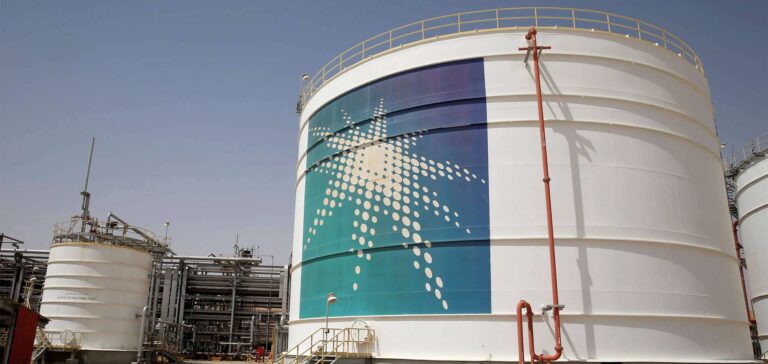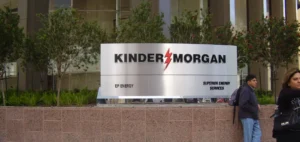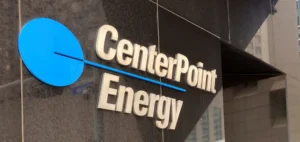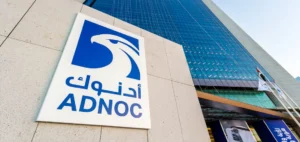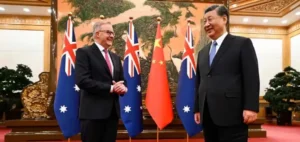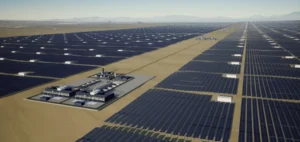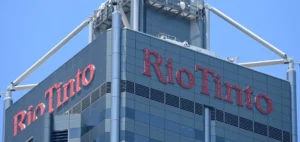Aramco, the Saudi national oil company and the world’s largest oil company, is to cut its dividend.
The Saudi government wants to finance new projects.
Aramco finances national investment plans
1300 billion dollars in investments
Saudi Aramco and its subsidiary SABIC had already committed to financing a large part of the government’s private sector investment plan.
This represents 60% of the $1.3 trillion in financing planned by the companies.
Thus, the possibility of reducing dividends eases the pressure on Aramco, which last year already had to cut spending.
The company even had to borrow to pay its $75 billion dividend.
Despite this crisis, Aramco plans to increase its total oil production capacity by 1 million barrels a day.
This will take the company from 12 million to 13 million barrels a day.
Impact of Covid 19 on the Saudi market
Last year, the coronavirus pandemic and turbulence in the oil market created a double crisis in the Kingdom.
As a result, Hereditary Prince Mohammed bin Salmane’s goals of stimulating the non-oil economy and reducing unemployment took a step backwards.
10 billion in spending cuts
Aramco then declared a reduction in capital expenditure for 2021 of $10 billion on the initial plan.
As a result, $35 billion will be mobilized instead of the $45 billion originally planned.
Aramco’s oil revenues and dividends represent the Saudi government’s main source of income.
This company is vital to the Saudi economy, which, according to the Crown Prince, will be only slightly affected by the reduction in dividends.

